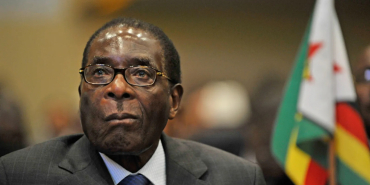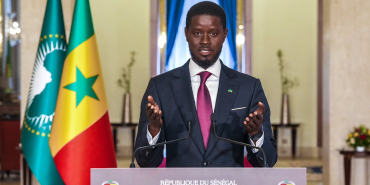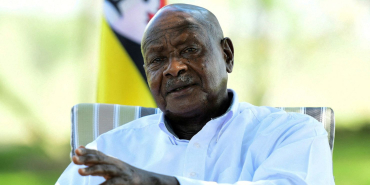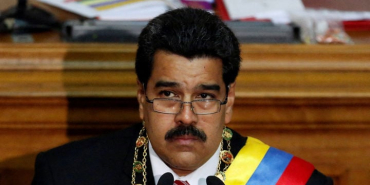Russia, Serbia Among the Nations Celebrating Christmas on January 7

Christmas, a holiday widely recognized as a celebration of the birth of Jesus Christ, is predominantly observed on December 25 across much of the world.
However, varying customs and dates reflect significant cultural, historical, and religious distinctions inherent to different regions. For many, December 25 serves as the primary date for Christmas festivities. Nevertheless, several countries commemorate this occasion on alternative dates. A notable example is January 7, which holds particular importance for Orthodox Christians following the Julian calendar.
Nations such as Serbia, Russia, Ukraine, Egypt, and India observe Christmas on this day, illustrating the rich diversity of cultural and religious practices associated with the holiday. In Armenia, the celebration occurs on January 6, coinciding with the Feast of Epiphany. The Armenian Apostolic Church, also adhering to the Julian calendar, recognizes this day as significant for both the birth and baptism of Jesus Christ, further highlighting the varied observances of the holiday.
These discrepancies in Christmas dates and traditions arise from the distinct religious beliefs and historical developments unique to each culture.
Conversely, several countries do not celebrate Christmas, reflecting an array of global cultural and religious practices. In nations where Christianity is absent or where laws and societal norms discourage the observance of religious holidays, Christmas typically goes unrecognized.
In Saudi Arabia, for instance, public expressions of non-Islamic faiths, including Christmas, are prohibited. Similarly, in Somalia, where Islam predominates, Christmas is neither a recognized religious holiday nor a public celebration. Afghanistan also sees limited Christmas observance, with the holiday not acknowledged as a national celebration due to its Islamic cultural framework.
North Korea exhibits a notable absence of Christmas festivities, as the authoritarian regime enforces stringent restrictions on religious practices. In Mauritania, where Islam is the dominant religion, Christmas is not observed as a national holiday, further underscoring the limited recognition of the celebration in predominantly Islamic nations.














Add new comment